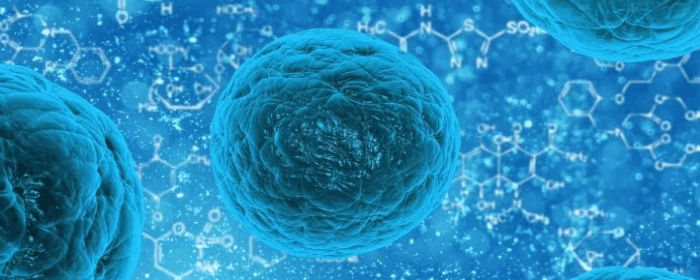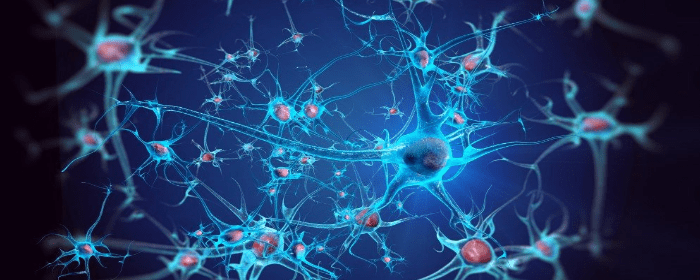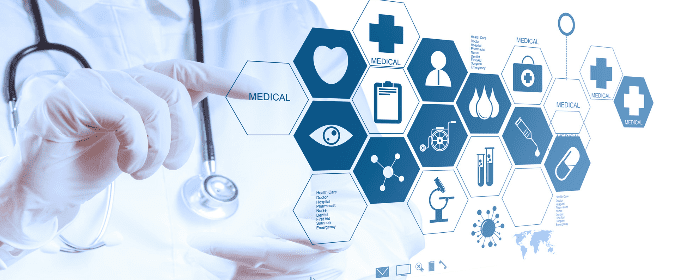Stemedix Regenerative Medicine Research and Health Awareness Blog
Stay up to date with the latest developments in regenerative medicine research and treatment. Subscribe to our newsletter.
Stem Cell Science for Alzheimer’s Disease
Alzheimer’s disease is the most common form of dementia. Among other symptoms, Alzheimer’s disease causes memory loss as nerve cells in the brain become dysfunctional and die. While the disease is known to be related to the accumulation of β-amyloid plaques and...
What Are the Health Benefits of Honey?
Honey has long been hailed as a healthier alternative to refined sugar. But what exactly is it about this natural sweetener that makes it a better choice? Discover why you should consider adding the sweet stuff into your diet below. Honey vs. Table Sugar Raw honey...
Stem Cell Therapy as a COPD Treatment
Chronic obstructive pulmonary disease (COPD) is a lung condition in which airflow to and from the lungs is obstructed, making it increasingly difficult to breathe. The World Health Organization estimates that the condition is the third-leading cause of mortality...
Can Weather Impact Your Health?
Whether it’s a migraine or a foul mood, many people believe that certain weather patterns can trigger wellness issues. If you have arthritis, for instance, you might find that your joint pain seems to flare up with certain temperatures or conditions. But does the...
Stem Cell Therapy for ALS: Results From an Early Phase Clinical Trial
ALS, which stands for amyotrophic lateral sclerosis, is a neurodegenerative disease that has no cure and no substantially effective treatment. Today, there are two drugs available that can slow the progression of ALS— riluzole and edaravone—but these agents may only...
A Guide to Medical Ozone Therapy
For conditions such as chronic illness, finding a safe and effective treatment regimen can be challenging. Oftentimes, the medications prescribed only help to control symptoms, instead of addressing the disease itself. Moreover, they also tend to come with a host of...
A Beginner’s Guide to Functional Nutrition
Each person has their own individual health history, lifestyle, and genetic factors, yet most of us are advised to follow the same general dietary guidelines. In functional nutrition, practitioners believe that approaches to eating should be as unique as the patient...
Clinical Studies for Alzheimer’s Disease and Dementia with Stem Cell Therapy
Alzheimer’s disease, the most common form of dementia, affects nearly 50 million people around the globe. That number is expected to more than double in the next 30 years without effective treatment. Currently, the treatments for dementia are only mildly effective....
Which Conditions Can Benefit from Functional Medicine?
Functional medicine analyzes the entire body and its imbalances or deficiencies which contribute to health issues. Conventional medicine, on the other hand, aims to diagnose specific conditions and treat their symptoms. Every health condition can benefit from...
Stem Cell Treatment Helps Patients with Difficult-to-Treat Autoimmune Diseases
Humans cannot practically live without an immune system. The immune system helps us prevent and fight off infections and detect and destroy cancer cells. For some, however, experience conditions that affect the immune system. Autoimmune diseases such as multiple...
Should You Consider an Omega-3 Supplement?
Omega-3 supplements are among the most popular supplements taken regularly by Americans, with an estimated 10% of the population taking the vitamin regularly. Yet, research suggests that not everyone will benefit from them. Here’s a closer look at who may benefit from...
Can Stem Cell Therapy Treat Cardiovascular Disease?
Cardiovascular disease is the leading cause of death across the world. This umbrella term, also referred to as heart disease, collectively includes a broad range of cardiovascular conditions, including: Heart failureCoronary artery diseaseCardiomyopathyMyocardial...













 St. Petersburg, Florida
St. Petersburg, Florida
